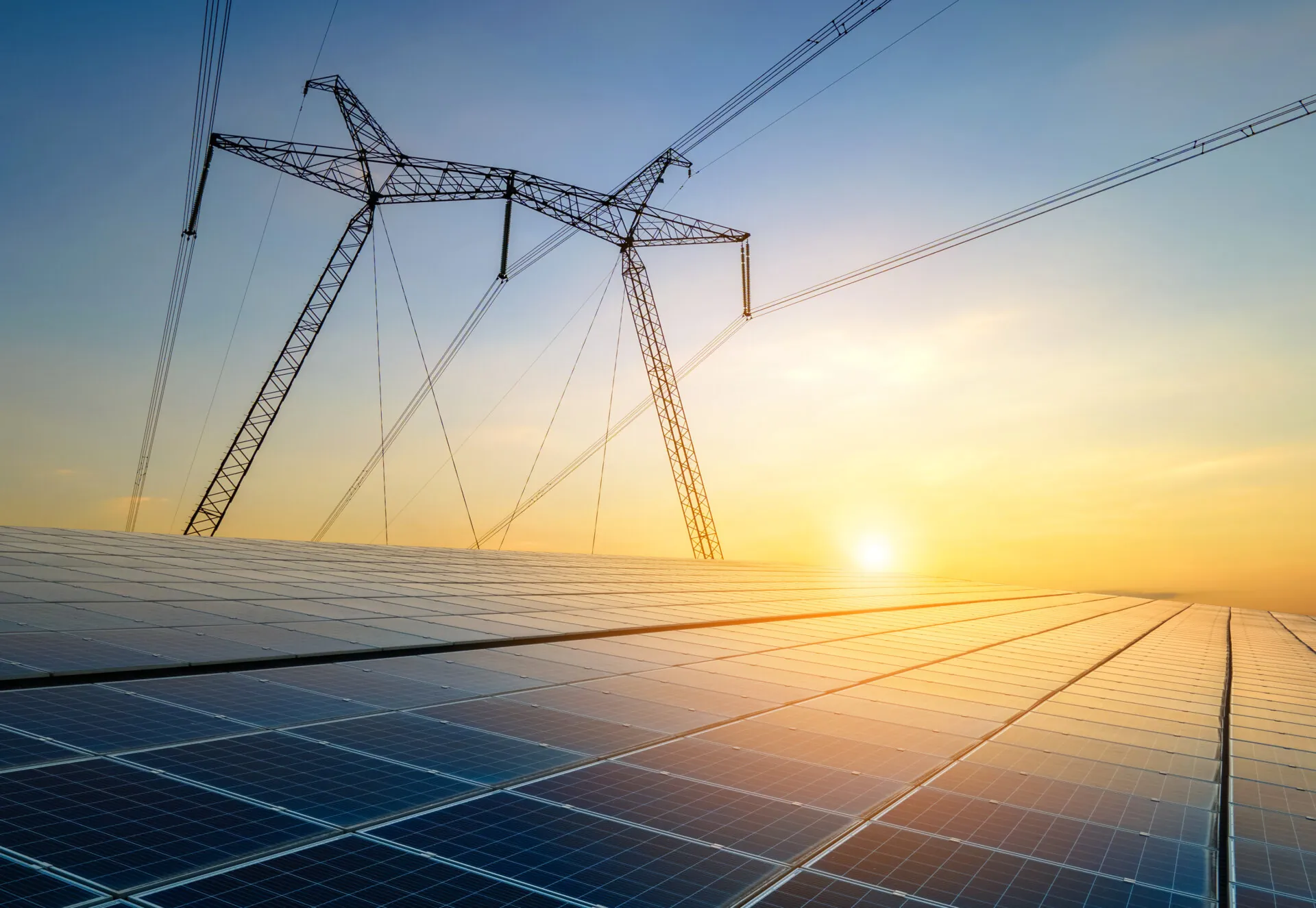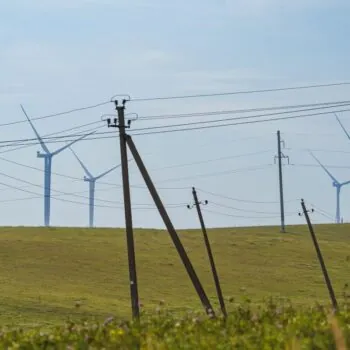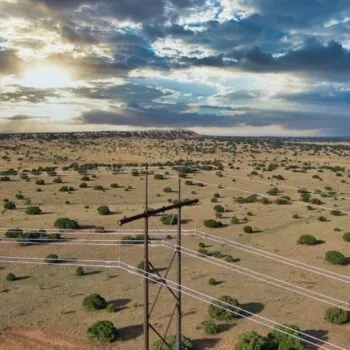A changing geopolitical context puts countries under pressure to rapidly revamp what role global collaboration plays in delivering energy security, and to decide what shared vision of energy security must be established. Several diplomatic discussions this year seek to recalibrate global energy relations, starting with this week’s international Summit on the Future of Energy Security, and continuing at the G20 and the EU energy council.
Many countries are already in the middle of a transition from a fossil fuel to a renewable-based economy. Some countries are explicitly choosing the energy transition as an energy security strategy, including Europe, India, Türkiye and China, by investing in clean and domestic production and infrastructure. Moreover, the energy transition provides multi-dimensional benefits: for fast-growing economies, renewable energy, efficiency and electrification offer vast benefits to energy access and economic growth; and globally, the transition provides the best insurance against climate change driven national security risks.
Against this background, diplomatic discussions this year must pave the way for a new energy security cooperation architecture, anchored in a strong security rationale, that facilitates a faster and more secure energy transition:
- The energy transition offers hard security benefits over a fossil-based economy. Accelerating the deployment of renewables alongside electrification, grid modernisation, storage and flexibility is the best means of reducing exposure to price shocks and ensuring secure and affordable long-term energy supplies; and doubling energy efficiency will lessen the burden on demand.
- Fossil fuel dependency has repeatedly failed to deliver energy and economic security, for importers and many exporters too. The energy crisis following Russia’s illegal invasion of Ukraine has demonstrated this. A prolonged fossil energy supply will not protect households from future energy shocks and could expose them to greater risks of volatility as the energy transition progresses globally.
Please find details, data and case studies underpinning the conclusion of this short blog here in the full briefing.


